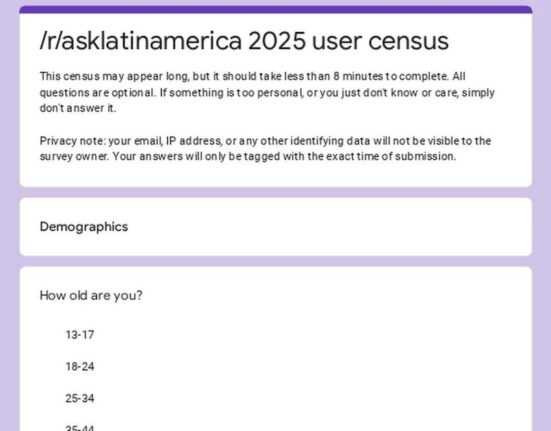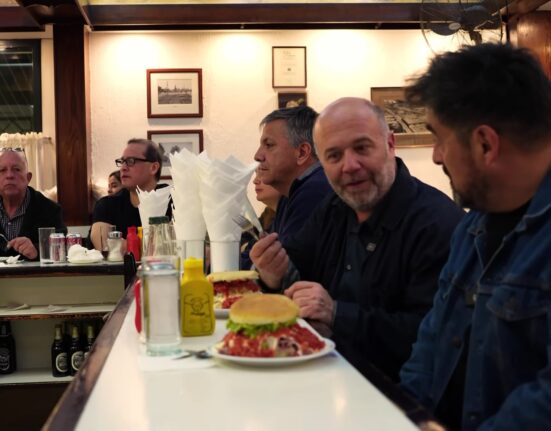In a bustling morning at the Palácio do Planalto, President Luiz Inácio Lula da Silva, commonly known as Lula, engaged with reporters in a manner that left many intrigued. The air was charged with speculation as questions swirled around the potential transition of Deputy Guilherme Boulos from the Psol party to assume the position of Márcio Macedo in the Secretaria-Geral da Presidência da República. Lula’s response, or rather the lack thereof, added fuel to the already fiery rumors surrounding a possible ministerial reshuffle.
When pressed about the ongoing ministerial reform, Lula skillfully sidestepped the inquiry, emphasizing the importance of focusing on project delivery before delving into personnel changes. With a deft touch, he navigated the delicate dance of political maneuvering, stating, “It is not correct for the President of the Republic to say whether he will change a minister or not. I am in the phase of delivering projects. I will discuss with the parties so that we can decide how politics will be conducted. When I do that, you will know. I am satisfied with everyone’s work. When I am not satisfied, I make changes.”
The spotlight then shifted to Guilherme Boulos, a prominent figure in the political landscape and a potential candidate for the Secretaria-Geral da Presidência da República, a position currently held by Márcio Macedo. Boulos, a dynamic force within the PSOL party in São Paulo, recently made waves with an open letter, signaling his readiness to take on new challenges.
Amidst the whispers of a cabinet reshuffle, speculations arose regarding a potential domino effect that could see Macedo transitioning to the presidency of Ibama if Boulos assumes his current role. Insiders revealed that Boulos’s strategic positioning could play a pivotal role, especially considering the upcoming elections and the need for a strong voice to resonate with social movements. While supported by the First Lady, Janja, Macedo’s performance has come under scrutiny within influential circles of the PT and the government itself.
Boulos’s adeptness in social media engagement presents a stark contrast to the current administration’s struggles in this arena, highlighting a potential boon for Lula’s government. However, should Boulos make the leap to the government, he may need to forgo a bid for a parliamentary seat in the upcoming elections, signaling a significant shift in his political trajectory.
As Lula continues his diplomatic visit to China, the impending changes in the ministerial lineup loom large, awaiting official confirmation in the days to come. The intricate web of political alliances, performance evaluations, and strategic repositioning paints a vivid picture of the ever-evolving landscape of Brazilian politics, where each move carries implications that ripple through the corridors of power.
In the realm of political chess, where each player’s move sparks a chain reaction, the potential ascent of Guilherme Boulos and the subsequent reshuffling of roles underscore the fluidity and complexity of governance. As the stage is set for a new chapter in the annals of Brazilian politics, the echoes of change reverberate, shaping the narrative of a nation in transition.









Leave feedback about this